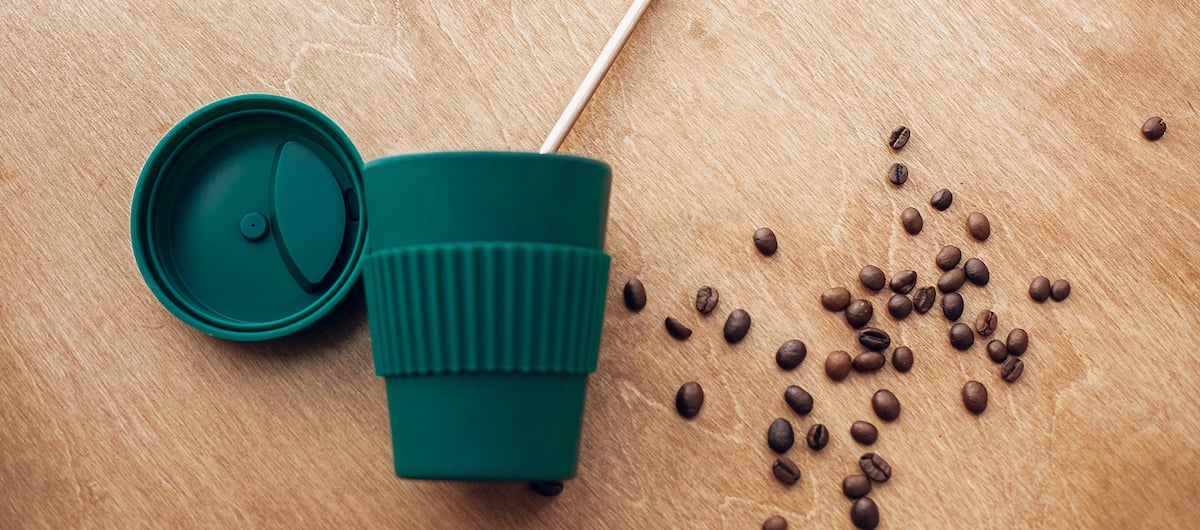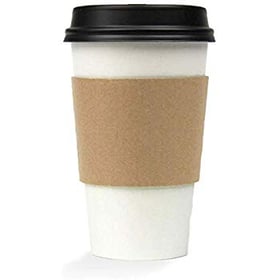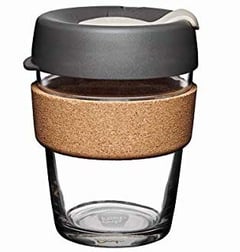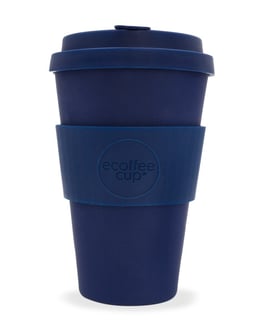
One of the biggest issues in the coffee shop industry faces today is dealing with the environmental issues associated with take away coffee cups. While it may appear that take away cups are recyclable, in reality only a tiny percentage of them actually end up being successfully recycled, largely due to the coating needed to make the insides watertight. That’s why coffee shops around the world are trying to encourage customers as much as possible to opt for reusable cups instead, with many chains offering a discount nationwide.
One of the materials that is becoming more and more popular for use in reusable coffee cups is bamboo. As a more sustainable material than plastic this seems like a great option on paper, however there are some potential risks associated that not many people are aware of.
Bamboo cup processing
The way bamboo is used for things like coffee cups is by first breaking it down into fibres, which can be used for a range of other purposes such as clothing. This process does use some chemicals, though the risk is more around how the fibres are used to make the cups.
Most bamboo cups are made of a combination of bamboo and a resin called melamine. This is a substance that has been used for decades to make lightweight crockery for things like picnic sets, though for coffee cups specifically there may be a hidden risk.
Melamine resin contain a chemical called formaldehyde, which is a known carcinogen. Largely this isn’t an issue as long as you’re not eating your crockery, but when heated up to high temperatures it’s possible for some of this chemical to leak out, which is why melamine is not considered microwave safe. It may be unlikely that coffee will heat up the cup to anywhere near the temperatures needed to cause any chemical leaking, but it’s still important to be aware of when you’re shopping for a new cup.
On the other hand, bamboo as a material is one of the most sustainable substances on the planet. It’s biodegradable, incredibly cheap to produce, and due to the speed at which bamboo grows it’s very viable as a commercial crop. From an environmental perspective, it probably represents the best option for the planet.
What other materials are available?
Let’s take a little look at some of the common materials you’ll see available as options for your coffee cup and weigh up the pros and cons:

Disposable paper cup
-
- Cheap
- Convenient
- Terrible for the environment
- Can cause litter
Plastic
-
- Lightweight
- Durable
 Can impact flavour
Can impact flavour- Not very sustainable
Glass
-
- Stylish
- Best for flavour
- Expensive
- Can be fragile

Metal
-
- Long lasting
- Keeps drinks hot for a long time
- Clunky to carry around
- Expensive
Bamboo
-
- Environmentally friendly
- Durable
- Relatively cheap
- Potential risk due to chemicals
As reusable cups become more and more popular, coffee machines will need to be able to deal with a wide variety of cup sizes. The WMF My Coffee app allows users to customise their drink to exactly how they like it, by editing the size, strength and proportions of your beverage. This means that whatever your cup of choice is, you can create the perfect, custom coffee, just how you like it.
Download a brochure to see our full range.

